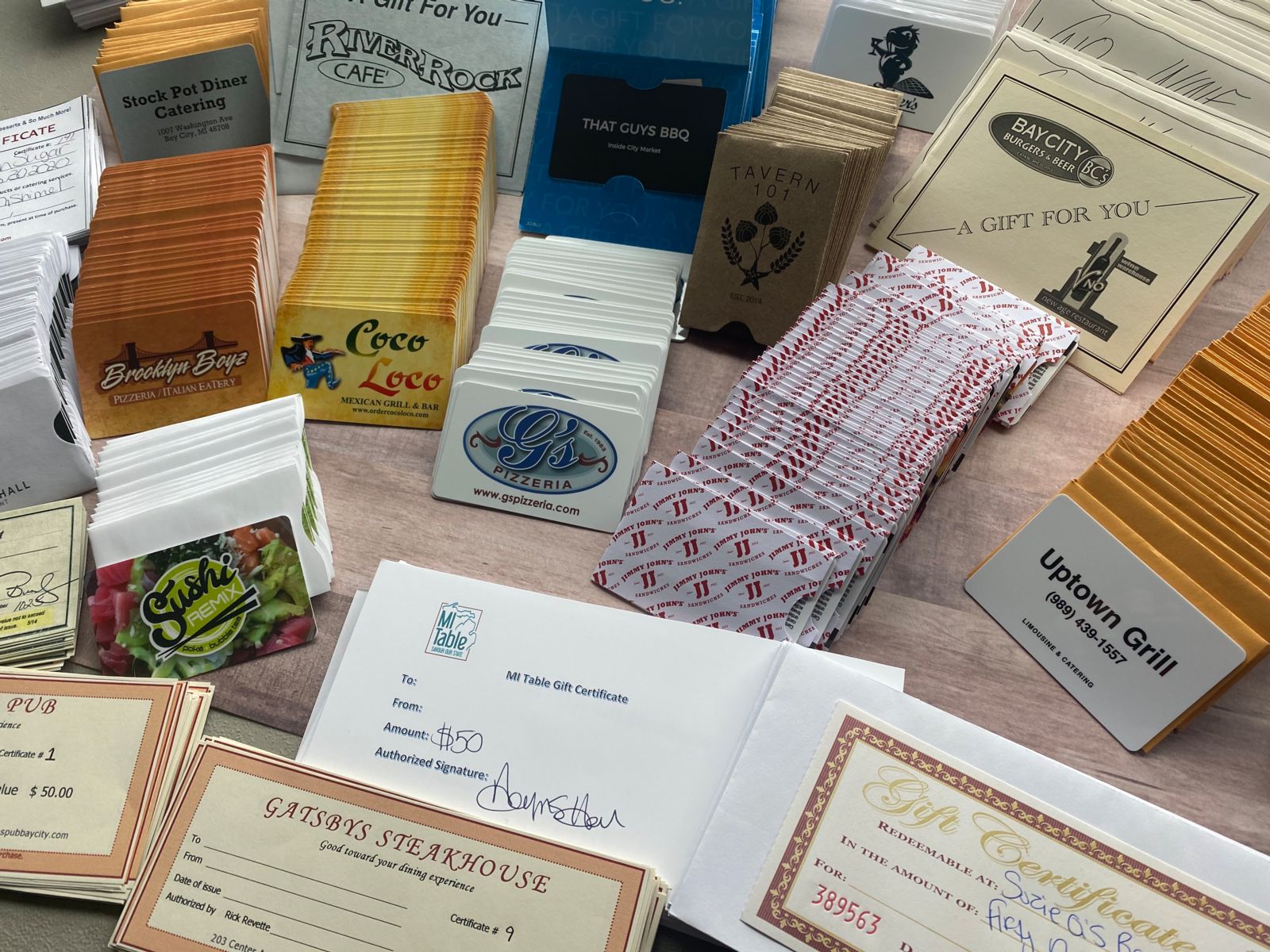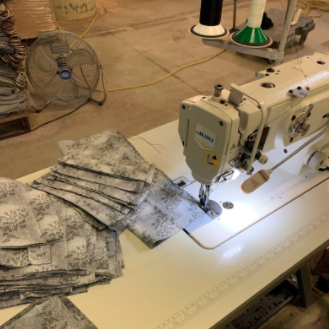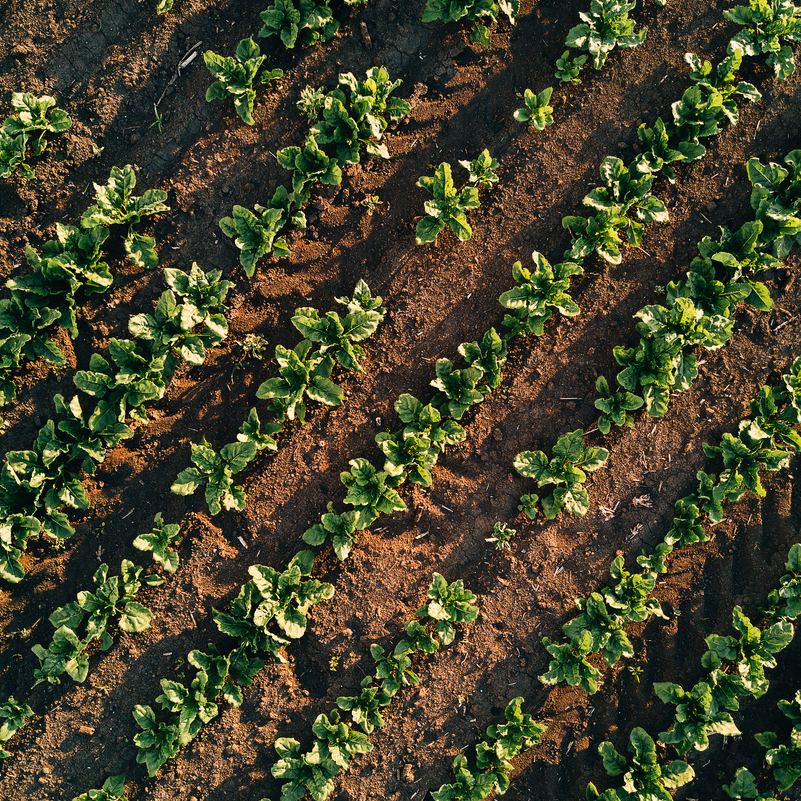Sugar Industry Sustains Communities During Pandemic
 For decades, America’s sugar industry has been proud to be a sustainable economic driver in communities across the country, producing high-quality sugar while providing well-paying jobs. As America comes together to present a united front against the COVID-19 virus, the on-farm and factory jobs the sugar industry supports across America are more important than ever in keeping communities strong and a crucial food ingredient flowing to American families.
For decades, America’s sugar industry has been proud to be a sustainable economic driver in communities across the country, producing high-quality sugar while providing well-paying jobs. As America comes together to present a united front against the COVID-19 virus, the on-farm and factory jobs the sugar industry supports across America are more important than ever in keeping communities strong and a crucial food ingredient flowing to American families.
The industry is also working on new and creative ways to help other businesses keep their doors open.
Michigan Sugar Company has been hard at work during this pandemic finishing its sugar beet slicing campaign, one of the busiest times of the year, in order to help keep the nation’s supply chain of sugar full. During this difficult season, company officials decided that they wanted to help businesses that were facing a slowdown due to the pandemic.
Michigan Sugar bought 2,600 gift cards from more than 50 restaurants from Michigan communities of Bay City, Caro, Croswell, Sebewaing and Ohio communities of Fremont, Findlay and Toledo.
In total, Michigan Sugar spent $131,000 to give all of its 1,300 employees $100 cards to spend in the community at restaurants that have lost customers.
“We hope this helps ease the pain of this pandemic for those businesses just a little bit,” Michigan Sugar Company Board Chairman Adam Herford told Mlive.com
Sugar farmers and workers are an essential part of the national response to the COVID-19 pandemic. They continue to work hard, despite the uncertainty and risk, in order to keep grocery store shelves stocked and food moving to American consumers.
Michigan Sugar Co. President and CEO Mark Flegenheimer thanked employees for keeping products flowing.
“During this stressful and challenging time related to the COVID-19 pandemic, our employees have stayed focused on the task at hand and shown incredible determination as we continue to produce, package and ship sugar on a daily basis. I can’t thank them enough for the dedication they have shown and the efforts they have made to keep our products flowing into the marketplace,” he said.
America’s sugar farmers and producers’ mission for sustainability fuels their drive to help our nation’s recovery. The industry is focused on providing safe and affordable food and preserving good jobs and the communities that have been built around sugar. Even when disaster – or a pandemic – strikes.
Because if there is anyone who knows resiliency, it’s an American farmer.
As Pastor Gary McNealy, of the Friendship Baptist Church in Harlem, Florida, said: “Farmers always have our backs.”



 Amalgamated Sugar Company, which processes sugar beets in Idaho, Oregon and Washington, saw the pressing need for cloth face masks to protect against the COVID-19 virus and moved the industrial sewing machines in its quality lab into
Amalgamated Sugar Company, which processes sugar beets in Idaho, Oregon and Washington, saw the pressing need for cloth face masks to protect against the COVID-19 virus and moved the industrial sewing machines in its quality lab into 
 The iconic Domino Sugar refinery in Baltimore, Maryland, delivered sugar to Catholic Charities of Baltimore, which was distributed to four food pantries in the city and will be used at Our Daily Bread Employment Center to provide individuals with a daily hot meal.
The iconic Domino Sugar refinery in Baltimore, Maryland, delivered sugar to Catholic Charities of Baltimore, which was distributed to four food pantries in the city and will be used at Our Daily Bread Employment Center to provide individuals with a daily hot meal. When the farmers at U.S. Sugar saw that many of their neighbors in the community were facing food insecurity due to the ongoing COVID-19 pandemic, they knew exactly what to do.
When the farmers at U.S. Sugar saw that many of their neighbors in the community were facing food insecurity due to the ongoing COVID-19 pandemic, they knew exactly what to do. While still working in fields and factories to produce an essential food ingredient, sugar farmers and producers across America have also been quietly acting in a multitude of ways to support our communities during this unprecedented pandemic. These extraordinary gestures are an ordinary act for an industry that prides itself on providing a helping hand and investing in sustainable communities.
While still working in fields and factories to produce an essential food ingredient, sugar farmers and producers across America have also been quietly acting in a multitude of ways to support our communities during this unprecedented pandemic. These extraordinary gestures are an ordinary act for an industry that prides itself on providing a helping hand and investing in sustainable communities. Sugar producers have donated nourishing produce to food pantries and sugar to distilleries to produce hand sanitizer. They’ve provided protective equipment to keep frontline health care providers safe. And they’ve purchased gift cards to help local restaurants stay open and employees fed.
Sugar producers have donated nourishing produce to food pantries and sugar to distilleries to produce hand sanitizer. They’ve provided protective equipment to keep frontline health care providers safe. And they’ve purchased gift cards to help local restaurants stay open and employees fed.